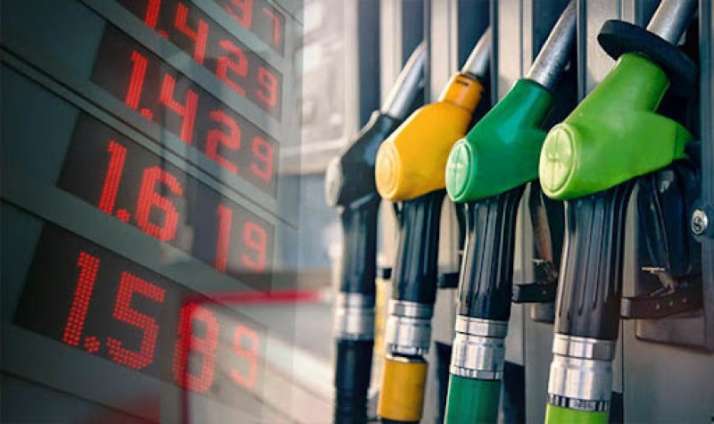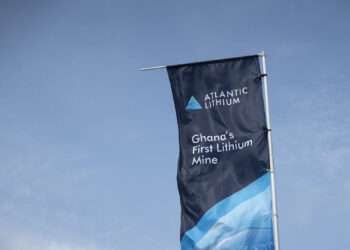Ghana has made significant progress in its petroleum sector, particularly in the upstream and midstream segments.
However, the downstream sector—responsible for refining, distribution, and retail of petroleum products—remains critical to the country’s energy security and economic stability. The volatility of fuel prices has emerged as a pressing concern, with implications for consumers, businesses, and overall market predictability.
In response, policymakers are prioritizing efforts to stabilize fuel prices, ensuring long-term economic growth and business sustainability in a nation heavily reliant on petroleum products.
Hon. John Abdulai Jinapor, Minister for Energy and Green Transition, has reaffirmed the government’s dedication to collaborating with industry stakeholders to enhance the downstream petroleum sector.
Speaking at a stakeholders’ engagement forum, the Minister stressed the need for stabilizing fuel prices to mitigate market volatility and support business operations.
“Our priority is to create a stable and efficient market environment.
“We are also committed to integrating renewable energy solutions into the sector as part of our energy transition agenda.”
Hon. John Abdulai Jinapor, Minister for Energy and Green Transition
Ghana’s petroleum downstream sector is pivotal to the functioning of the nation’s economy. Petroleum products, including gasoline, diesel, kerosene, and liquefied petroleum gas (LPG), are essential for transportation, power generation, industrial activities, and household energy needs.
The availability and cost of these products directly impact daily life for millions of Ghanaians and influence the operation of businesses across various sectors.
According to the Ghana National Petroleum Corporation (GNPC), the country consumes approximately 3 million metric tons of petroleum products annually.
The sector’s growth is critical for fostering energy independence, ensuring consistent fuel supply, and supporting national infrastructure development.
In addition, with Ghana’s growing population and urbanization, demand for petroleum products is only expected to rise, further emphasizing the importance of stabilizing fuel prices.
However, the volatility in fuel prices has raised alarms across Ghana’s economy, with fluctuating prices often making it difficult for businesses to plan and operate efficiently.
Addressing Fuel Price Volatility

To address fuel price instability and improve operational efficiency, Hon. Jinapor announced the formation of a Petroleum Downstream Review Committee.
According to the minister, this committee will compose of industry representatives, energy experts, and government officials, will provide recommendations on policy direction and best practices.
The objective is to refine pricing mechanisms, enhance regulatory oversight, and foster a competitive market structure that benefits both consumers and businesses.
As part of broader regulatory reforms, the government is set to draft a comprehensive Downstream Law that will introduce clear guidelines for refinery operations, petroleum product distribution, pricing mechanisms, and marketing standards.
Fuel price instability in Ghana is often attributed to multiple factors, including global crude oil price fluctuations, currency exchange rate movements, and inefficiencies in the supply chain.
Currently, the pricing of petroleum products is largely influenced by the international market, with local operators adjusting prices based on prevailing economic conditions.
The government, through the National Petroleum Authority (NPA), has explored several measures to cushion consumers from drastic price hikes, including the implementation of a fuel price stabilization levy and strategic fuel reserves to absorb short-term shocks.
In alignment with Ghana’s energy transition goals, Hon. Jinapor highlighted the need to integrate renewable energy solutions within the downstream sector.
Ghana’s downstream petroleum sector is at a crucial turning point, with ongoing reforms aimed at stabilizing fuel prices, enhancing operational efficiency, and integrating renewable energy solutions.
The establishment of the Petroleum Downstream Review Committee and the proposed Downstream Law signal a commitment to long-term stability and growth in the sector.
As the government advances its policy agenda, close collaboration with industry stakeholders and a well-defined implementation strategy will be essential in achieving energy security and economic resilience.
Ultimately, these reforms have the potential to position Ghana as a leader in the West African petroleum industry, driving both domestic and regional energy transformation.
READ ALSO: Starmer’s Troop Deployment Plan Divides EU Allies























